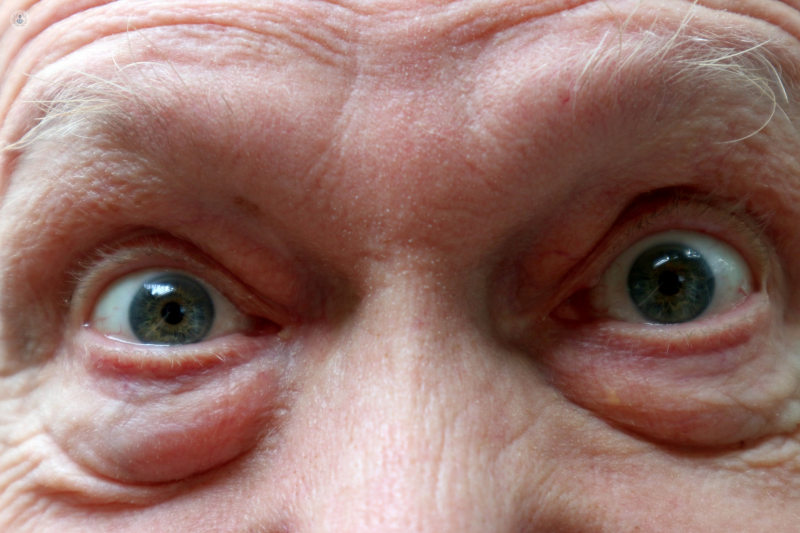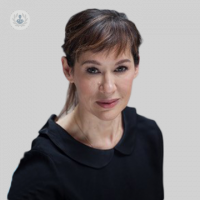Discover age-related macular degeneration (AMD) (part 2)
Written by:Age-related macular degeneration (AMD) is a common cause of vision loss as we get older, but, besides ageing, what things put us at risk of developing this condition? And how is AMD treated? In the second part of our interview with leading ophthalmologist Ms Theresa Richardson, she answers these questions.

What risk factors are associated with AMD?
The major risk factor for age-related macular degeneration is family history. If you have a family member who has the condition, e.g. your mother, grandmother, father or even a brother or sister, you have a higher-than-average risk of developing it too. We are looking at the genes that could cause this condition at the moment, although, there are many, many genes to examine.
Another important factor, which can be modified, is smoking. We know this from the studies carried out in the United States called the AREDS trial that smoking is a major risk factor. It's a very good idea to stop smoking and advise family members, including your children, not to smoke either, as this could lead to wet macular degeneration. Obviously, stopping smoking is not easy.
The other risk factors are probably dietary. How do we know this? Well, we've looked at studies coming from Japan, Denmark and Italy. In Japan there was no evidence of wet AMD until quite recently, in the last 25 years – probably because of their varied diet and the fact that they were not eating processed foods before that. Also, there's a very interesting study in Italy that shows in areas with mainly organic farming and no access to processed foods, the incidence of wet AMD was unheard of until the last 20 years. Major studies in Denmark with nurses have shown if you increase your fruit and vegetables and you don't eat processed foods, again, your risk of AMD is greatly reduced, which is why we often give dietary advice to our patients.
How is AMD treated?
It depends on the form of AMD: dry or wet. Many doctors will tell you there's no treatment for dry AMD, but that's not entirely true. We do give dietary advice and we advise you to stop smoking (your GP may be able to help with this). Although you may say to yourself “one eye has been affected, what's the point?” there is a point to stopping smoking: you have two eyes and one eye may not be affected. In terms of diet, you can take supplements, and we will give you specific advice on which supplements to take. If you smoke, you've got to be very careful which supplement you take as it can increase your risk of other diseases.
There are fantastic treatments for wet AMD: we treat the patients with a series of injections. These have been in use since 2004. The injections that we give sound very frightening, but in actual fact, once you have your first injection, you're usually relieved as it's not nowhere near as bad as you thought it would be and really does last just for a few seconds. Unfortunately, it's not just one injection. You usually have one injection a month for three months and then you'll have a further six to seven injections. After that, we start every two months and then we start increasing the interval between the injections, until we get to an interval of about three months. Many of my patients have had 30 to 40 injections and are still doing extremely well, and they have lost their anxiety regarding the treatment.
When you come for the treatment, your doctor will discuss the risks and you will have to give your consent for the treatment. The risks for the injection are extremely small – one in 1,000 nationally for an infection and one in 3,000 for any other cause, such as retinal detachment.
The treatment is called anti-VEGF (anti-vascular endothelial growth factor) injection. This growth factor is produced in our body naturally. However, in age-related macular degeneration, this growth factor is increased in the retina, which is causing the blood vessels to grow. The anti-VEGF stops this in its tracks. However, the injection’s effects only last between one to two months, which is why you need to keep on having the injections. There are plans in the future to have injections which last a lot longer. Some patients ask me if there could be any side effects in the body with these injections. There is some association between these injections and, for example, cardiovascular disease and stroke and I will talk to you about this in your consultation.


